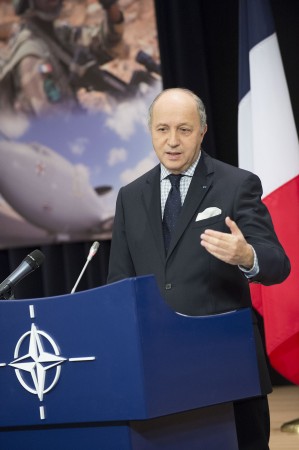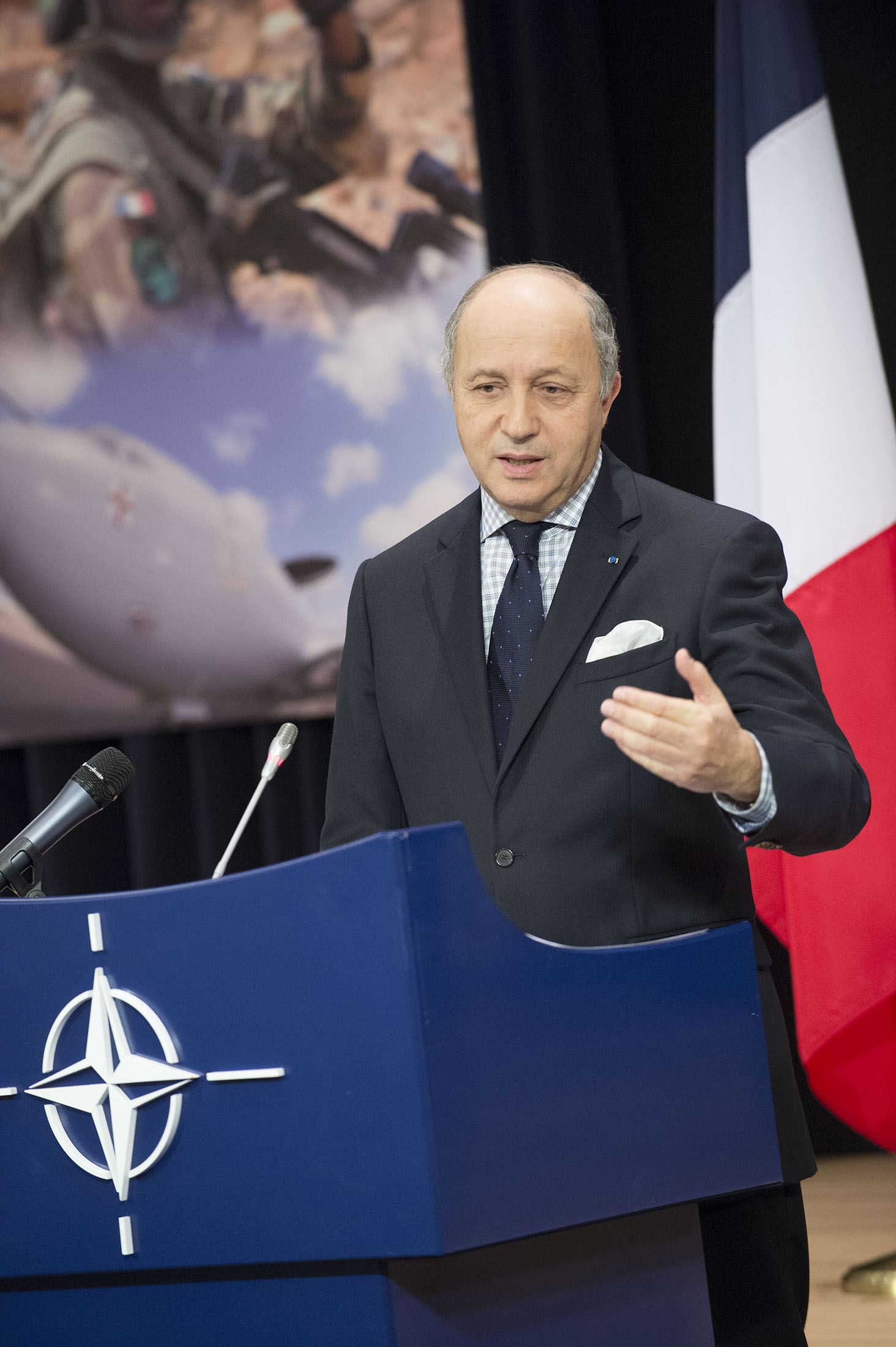Use of chemical weapons in Syria: the doubts of Fabius…

(BRUSSELS2) The possible use of chemical weapons is a common "concern" within the Atlantic Alliance. NATO Secretary General AF Rasmussen confirmed this today (4 December) after the first working meeting at his press conference. " Foreign Ministers unanimously agreed to express their deep concern. “The prospect of using chemical weapons is “ unacceptable said the French Foreign Minister. And this position on the conviction in principle is shared by the Russians.
The information remains to be confirmed
But apparently the information still remains to be confirmed. It is in any case the feeling of Laurent Fabius. During his press conference (at NATO headquarters), the French Foreign Minister was very, very cautious, using the conditional several times. " The indications, given the day before yesterday, according to which there would be movements on certain chemical elements, have not been fully confirmed.. "Perhaps it is related to the fact that Bashar's forces are losing ground, feeling threatened, the regime could think about this possibility" he added. The minister did not want to go into details. He has just confirmed that a “monitoring of (chemical) sites, by several countries, is done regularly” (read : The “big ears” listening in Syria. Awacs and ships take turns…)
Immediate reaction
For the Minister, if there was confirmation — there is no confirmation for the moment — that would call for an immediate reaction both from the international community and from a few countries he clarified.
Comment: we can notice that if, on the principle, there is unanimous condemnation of NATO as of the Russians, opinions are rather divergent on the reality of the threat. Without going so far as to qualify the information as "rumors" like the Russian Lavrov, Laurent Fabius speaks of information dating back 48 hours which has not yet been confirmed while the sites are under permanent surveillance. In fact, if it seems that there was movement of chemical elements, this movement can be analyzed in several ways: either the use of weapons (Fabius seems to exclude it for the moment), or a withdrawal of weapons to a safer place because they would be under threat from the rebels (which could be an option).
